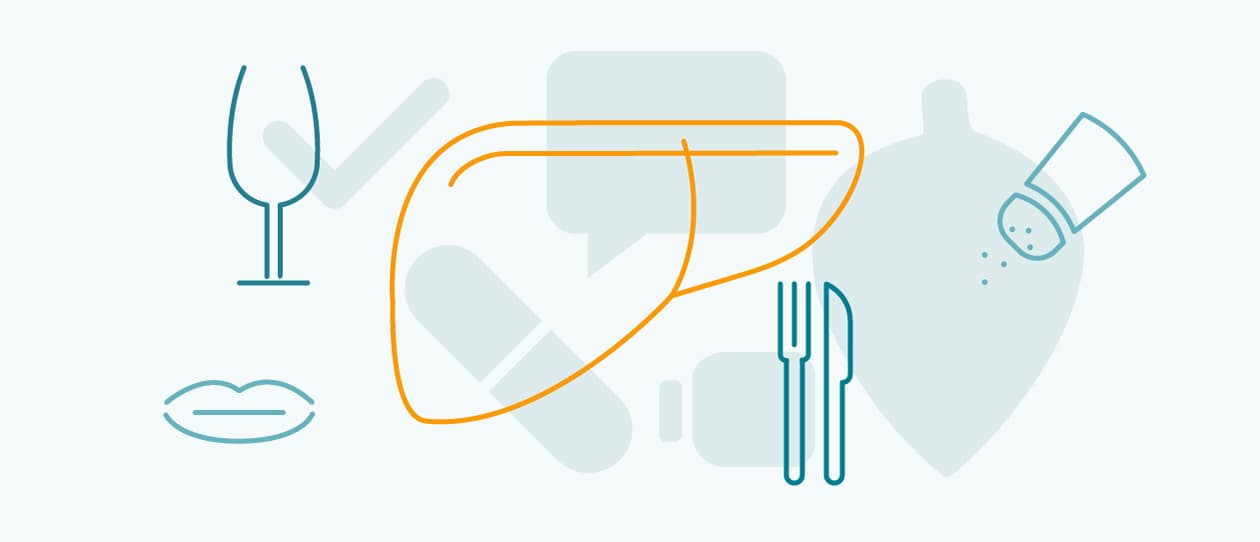
- Health hub/
- Tips & Advice on Improving your Digestive Health/
- Alcohol excess/ overindulgence


The acute (short-term) effects of alcohol excess (binge drinking) causes intoxication, symptoms of which may include:
- Confusion.
- Poor judgement.
- Blurred vision.
- Fatigue and the desire to sleep.
- Nausea and vomiting.
- Uncoordinated movement (due to poor muscle control).
- Alcohol can also induce reactive hypoglycaemia, producing food cravings.
- In extreme circumstances, binge drinking may lead to unconsciousness, coma and even death.
- Driving or operating machinery while under the influence of alcohol significantly increases the risk of accidents and injury.
- Hangover tends to occur 8-12 hours after excessive quantities of alcohol have been consumed, and may include symptoms of fatigue, headache, thirst, nausea and vomiting.
Chronic:
The ongoing consumption of large quantities of alcohol is notorious for causing alcohol dependence (alcoholism), which is characterised by a compulsive need for alcohol, an inability to stop drinking or moderate one’s intake, the need for increasing quantities of alcohol to produce the desired effect (tolerance) and withdrawal symptoms such as dehydration, anxiety, confusion, hallucinations, tremors, sweats and nausea after a short period without alcohol.
Over the long term, alcohol abuse may also lead to including an increased risk of:
- Liver disease (for example, fatty liver degeneration and cirrhosis), gastritis, and pancreatitis
- Brain damage, dementia and psychological disorders, including depression
- Some forms of cancer (e.g. mouth, pharynx, larynx and oesophagus)
- High blood pressure and triglycerides, and increased risk of stroke and heart disease
- Rosacea, spider veins and poor wound healing
- Nutritional deficiencies (especially if drinking replaces food consumption)
- Obesity
- Disruption to relationships and work performance
- Immune dysfunction
- Night blindness
- Impaired testicular function, low libido, and reduced fertility
Drinking during pregnancy increases the risk of your baby being premature or having a low birth weight, and may lead to foetal alcohol syndrome. Drinking while breast-feeding may also damage your baby’s developing brain.
Alcohol has a depressant effect on the central nervous system, and this is reflected in many of the symptoms of intoxication, such as slurred speech, uncoordinated movements, mood problems, sleepiness and slow reflexes.
Drinking as few as four drinks at a time may be sufficient to increase your risk of experiencing alcohol-related injury or health problems and the risk of injury and disease increases the more you drink. However, it’s not possible to predict how different people will react to alcohol, as its physiological effects vary according to gender, physical build, body fat levels and liver function. Genetic, psychological and social factors may also contribute.
For these reasons, some people are at greater risk of developing alcoholism. For example, women are less able than men to tolerate alcohol, and may develop dependency at a lower intake. A family history of alcoholism significantly increases the risk of becoming alcohol-dependent; this may be due to a combination of genetic and social factors.
- Regardless of whether it occurs on a daily basis or as periodic binges, drinking excess alcohol may cause significant health problems and increase the likelihood of accident and injury. If you are concerned about your own health or that of someone else, talk to your doctor immediately. Early intervention is considered particularly important for teenagers.
- In order to reduce the adverse health risks associated with alcohol consumption, Australian government guidelines recommend that adults consume no more than two standard drinks per day. It is also recommended that everyone have at least two alcohol-free days per week. Children, teenagers under 18 years old, pregnant and breast-feeding women should abstain from alcohol entirely.
- People with alcohol-related problems, mental health issues or who are taking certain medications should also abstain from alcohol.
- Decrease the speed at which alcohol is absorbed into the bloodstream by consuming food at the same time as you’re having a drink, but avoid salty foods, which may increase your thirst and exacerbate any dehydration. It is also wise to alternate non-alcoholic drinks with alcoholic ones.
- If you’re suffering from a hangover, drink plenty of fluids to help rehydrate your body, but don’t consume more alcohol, as this only increases the load on your liver.
• Overcoming alcohol problems may be difficult, but is always worthwhile. Talk to your doctor about the support that’s available or contact Alcoholics Anonymous for confidential assistance.
• Support is also available for those affected by someone else’s problem drinking. Contact Al Anon/Alateen for more information.




